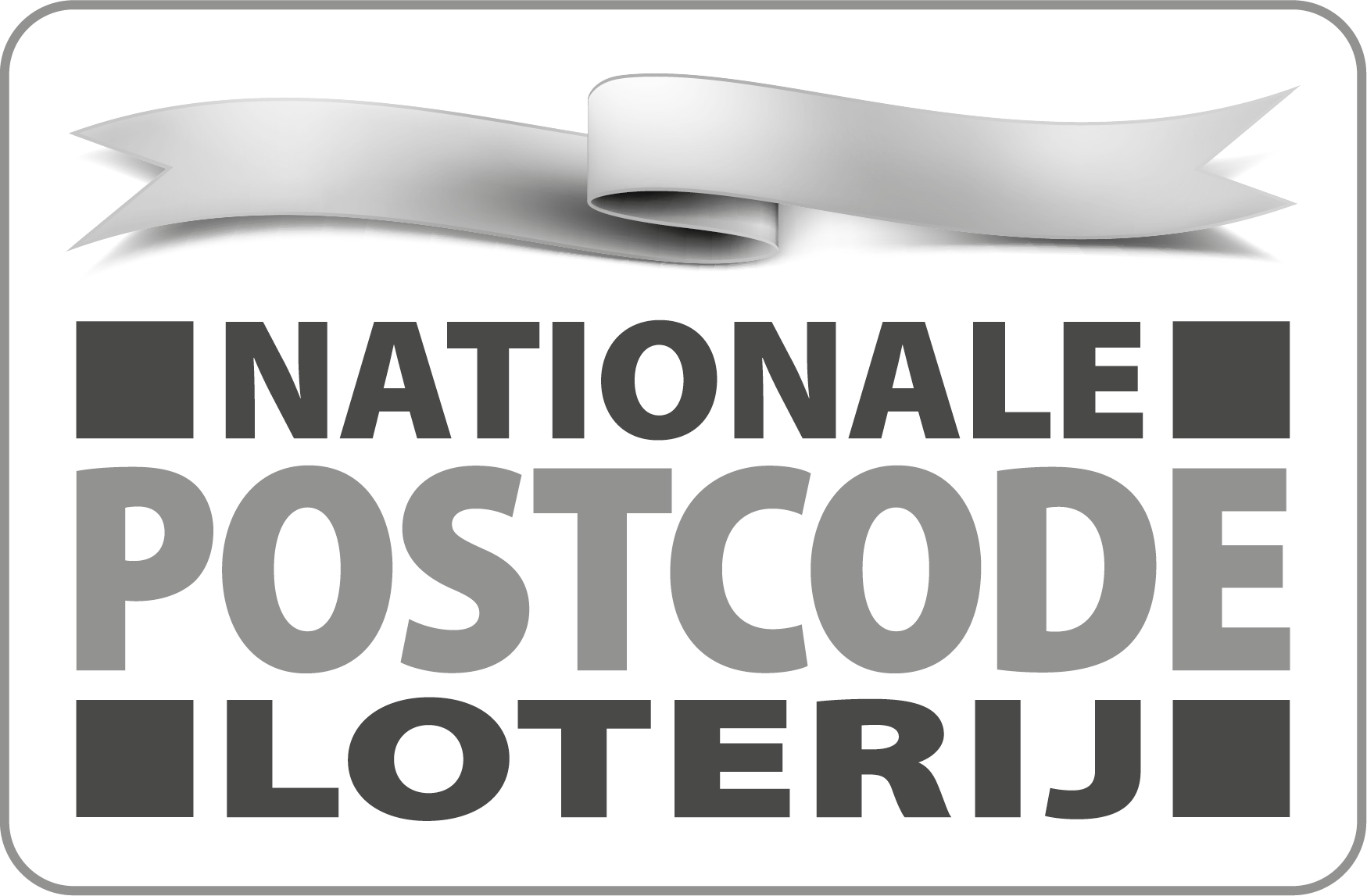Continued attention
Our staff put their heart and soul into giving help to those who need it. Unfortunately, misconduct can still occur. We work continually to prevent, address and respond optimally to this kind of behaviour.
Two-track approach
In addition to providing effective help for victims, we have a two-track approach to dealing with misconduct:
- a culture change prevent misconduct, and
- proper procedures to be able to effectively follow up on misconduct
Misconduct includes abuse of power, bullying, discrimination and nepotism. It also includes using the services of prostitutes.
Culture change
We are working to achieve a culture change. We want to create an environment in we can prevent the occurrence of misconduct, so that everyone feels safe, respected and appreciated.
Prevention
Every member of staff must sign the Code of Conduct. We have tightened up our Code of Conduct by including a more specific definition of what is, and what is not, misconduct.
Training and guidance
We pay a lot of attention to prevention in the training and guidance of our staff. We practice using conversational techniques in order to enable open discussion of complex issues in difficult working conditions. In this we stress, among other things, the role and responsibility of our field coordinators. We have added extra modules on misconduct to our management training and to the training programme that all field staff must complete before they are sent on a mission.
Follow up
What if something still goes wrong? We let all our staff and the people we work for know what the channels are for addressing possible misconduct. We encourage them to report this. We investigate and deal with these reports confidentially. This issue has a permanent place on the agenda of every management meeting.
Responsible Behaviour Team
Since 2017 we have had a Responsible Behaviour Unit. Victims of- and witnesses to (suspected) intimidation, abuse, discrimination or other unethical behavior can report this to the team safely and in confidence. The Unit follows up on all reports. The Unit is also authorised to carry out investigations on its own initiative and to recommend to management that an external investigation be carried out if it feels this is necessary.
Our team at the Responsible Behavior Unit can be reached at rbu@amsterdam.msf.org.
Support for victims
When we receive a report of misconduct, our first concern is to ensure the safety and health of the potential victims. We offer immediate assistance; this may include providing psychological and medical care, but also securing legal support.
Further steps
We are taking active measures to encourage an open culture in which people dare to speak out and report abuse. In addition to the above points, we have taken the following concrete steps:
- We are currently engaged in appointing confidential advisors in the field missions.
- In 2018 an external email address was distributed where all staff and former staff can report their experiences, concerns, feedback and ideas, and so support the needed change process. We want to use this to give us a better understanding of how our staff feel and how they felt in the past. In this way we want to offer people who, in the past, may not have felt there was sufficient opportunity to submit a complaint, the opportunity to do so after all.
- Staff meetings on this matter are held on a regular basis for coordinators in the field missions and at headquarters. These meetings have three aims: to create more awareness concerning responsible behaviour, to make it open for discussion and to make clear what you can do if you witness any misbehaviour. We are already seeing the effects of these meetings. Various employees have indicated that they felt encouraged to submit a report.
- Together with an external bureau we have developed a plan of action with specific steps for our two-tracked approach.
More information
- The responsible behaviour that we expect of our staff
- MSF-OCA Statement of Integrity (PDF)


